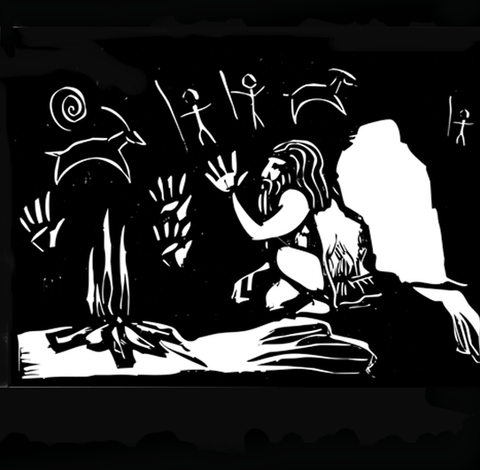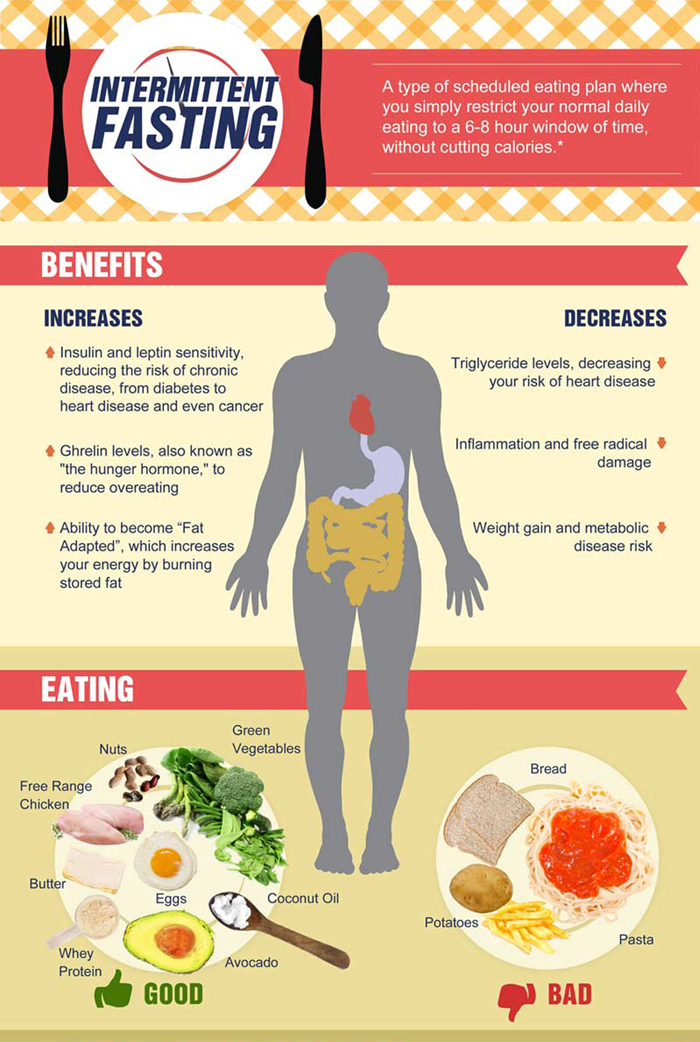
Fasting & Feasting
Our ancient hunter gatherer ancestors had to labour extremely hard to provide sufficient food supplies for their family and tribal community. They dealt with the constant dietary pressure of fasting and feasting depending on seasonal factors and food availability. Their diet was composed almost predominantly of animal protein and fats from hunting and seasonal vegetables and fruits, equivalent to only a small fraction of the carbohydrate consumption of our modern diets. They had no access to grains like wheat, rice, barley etc or to concentrated sugars in any form except the occasional treat of wild honey that would be shared among an entire tribe.
Advent of the diseases of civilization
 The gradual advent of agriculture from around 10,000 years ago led to an increase in food abundance and security and along with it many new diseases as the problems of existence shifted from not having enough to eat, to having too much, especially in the form of excess grains, starches and other high carbohydrate foods. The new diseases that entered these agricultural societies came from this dietary overdependence on grains at every meal leading to metabolic diseases and obesity. Excess starches also led to nutritional deficiency as fresh wild foods in the diet was greatly reduced or absent for long periods of time. The storage of grains also allowed for increased leisure time and for the first time in human history we could relax from the constant pressures of food collection, at least if the harvest was good. These past few thousand years has seen us change our diets and activity levels in so many ways that scientists have been begun looking to our ancient past to better understand how to maintain health in the present.
The gradual advent of agriculture from around 10,000 years ago led to an increase in food abundance and security and along with it many new diseases as the problems of existence shifted from not having enough to eat, to having too much, especially in the form of excess grains, starches and other high carbohydrate foods. The new diseases that entered these agricultural societies came from this dietary overdependence on grains at every meal leading to metabolic diseases and obesity. Excess starches also led to nutritional deficiency as fresh wild foods in the diet was greatly reduced or absent for long periods of time. The storage of grains also allowed for increased leisure time and for the first time in human history we could relax from the constant pressures of food collection, at least if the harvest was good. These past few thousand years has seen us change our diets and activity levels in so many ways that scientists have been begun looking to our ancient past to better understand how to maintain health in the present.
Fasting in the Islamic Tradition
Fasting has been practiced in all ancient cultures and religions down to this very day. In the Islamic tradition, it plays a special role as the month of Ramadhan is the most sacred time of the year when Muslims fast and prioritize it as a period of reflection and spiritual growth. For the past 1440 years for 30 days during the month of Ramadhan, Muslims have abstained from eating between dawn and dusk and depending upon the country this means fasting for between 11 and 22 hours a day. For many years now the beneficial effects of fasting during Ramadan has been studied by medical researchers and dietitians and this appreciation has increased worldwide in recent years with the growing understanding of the science behind intermittent fasting (IF) and it's effects on longevity and disease prevention.
Intermittent Fasting Benefits
Around 90 years ago scientists began studying the physical health benefits of intermittent fasting on many diseases. In one of these early studies on rats, their lives were extended and chronic obesity and diabetes were successfully treated by applying the principle of reducing dietary calories and meal frequency. Since that time more than two thousand scientific studies have been conducted and the following benefits have been conclusively observed as seen here.
The Secrets to Successful Intermittent Fasting
Intermittent fasting is not a form of starvation, nor something to be afraid of, as it is the most natural process of creating balance in our health when we understand the basics of our human biology and the benefits of burning fat for energy, not carbohydrates. According to dietdoctor.com intermittent fasting is the ancient secret of health that can have multiple physical benefits including:
- Improved mental clarity and concentration
- Weight and body fat loss
- Lowered blood insulin and sugar levels
- Reversal of type 2 diabetes
- Increased energy
- Improved fat burning
- Increased growth hormone
- Lowered blood cholesterol
- Prevention of Alzheimer’s disease (potential)
- Longer life (potential)
- Activation of cellular cleansing (potential) by stimulating autophagy (a discovery that was awarded the 2016 Nobel Prize in medicine)
- Reduction of inflammation
All it takes is some deeper understanding of what foods to eat and which foods to avoid during the intermittent fasting process. Any foods that activate insulin, such as containing sugars, grains and starches, such as sweet foods, bread, cakes, rice, oats, potatoes and sweet drinks will increase appetite and decrease our ability to burn fat and release ketones that are the secondary super fuel that our ancient ancestors depended upon in times of need and that ensured humans have survived to this very day. While the goal is to eat less with a 24-hour period, a successful intermittent fast may look something like this:
 Evening: Eat a light meal that is high in healthy fats and moderate in proteins, like yoghurt, cheese, eggs, healthy grass fed meats, avocados or non-starchy vegetables cooked in coconut oil. It is important that no high carbohydrate or starchy foods are eaten at this time.
Evening: Eat a light meal that is high in healthy fats and moderate in proteins, like yoghurt, cheese, eggs, healthy grass fed meats, avocados or non-starchy vegetables cooked in coconut oil. It is important that no high carbohydrate or starchy foods are eaten at this time.
Morning: Bulletproof Coffee: healthy coconut oil / MCT Oil or MCT Powder in coffee or non-sweetened low calorie smoothie or drink. Click here for more info.
Lunch – None. Skipped easily if no sweet high carbohydrate foods were taken in the past 18 hours.
and repeat…. in this way you create a window of between 12 to 18 hours every day when none or only very low carb and high fats foods are taken.
Intermittent fasting is not difficult as it is our natural state and can be practiced safely by almost everyone. The only contraindications are for pregnant or breastfeeding women and for certain illnesses such as diabetes, unless blood sugar is monitored closely. At any time we can adopt a healthier fresh food diet and avoid junk foods, processed foods and high carbohydrate foods and sugars.



Comments
Good article. I’ve been practicing intermittent fasting as adviced by Dr Berg in his YouTube tutorials. Bulletproof coffee give a lot of energy throughout the day and keeps me slim and healthy. I don’t have the hunger pangs at noon at all.
In addition to that, I do use tonnes of extra virgin olive oil, coconut oil, MCT Oil as ingredients to make my own butter, salad dressing, choc spread, bread, etc.
Intermittent fasting, if done correctly is the answer to a healthy body.
Can you tell me does any and or all of your products have bar codes on them?
Hi Heather, yes all our products have EAN Barcodes